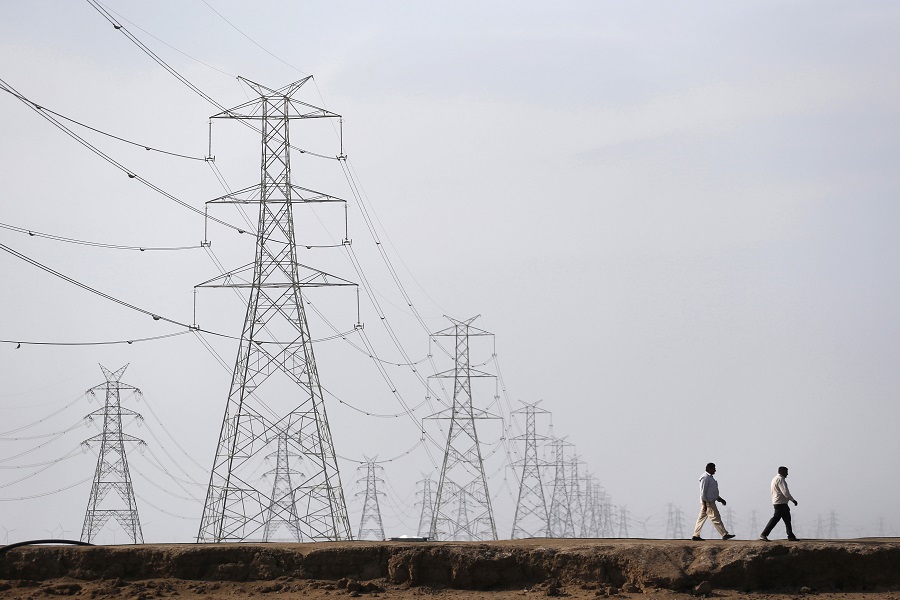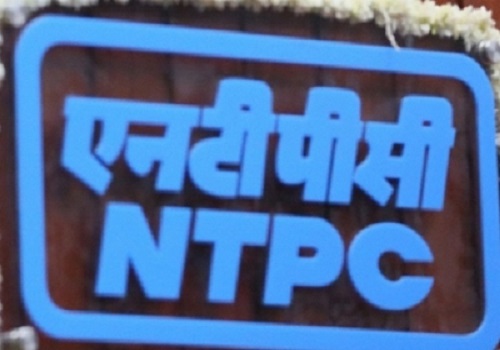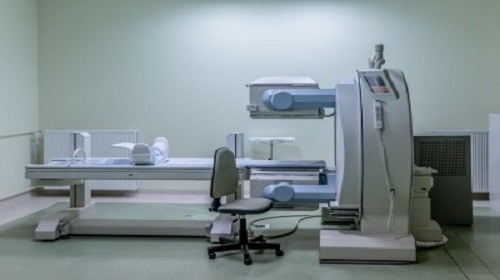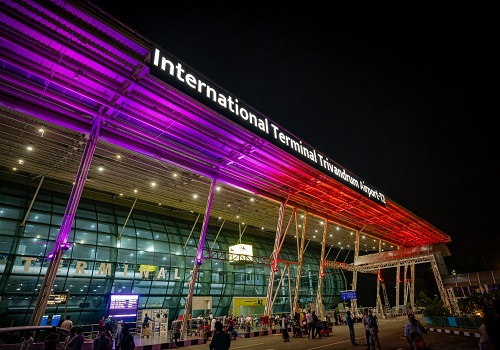Around 1.1 million medium, heavy commercial vehicles offer significant potential for scrappage: ICRA
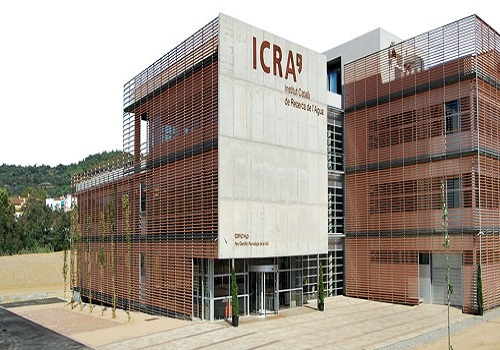
Ratings agency ICRA in its latest report has said that around 1.1 million medium and heavy commercial vehicles (M&HCVs), older than 15 years as of March 31 this year, offer a significant potential for scrappage. While the actual scrappage could possibly be lower given the nature of usage of such vehicles, even if a proportion of these vehicles gets scrapped, it can support vehicle sales to some extent by spurring replacement demand.
The Voluntary Vehicle Fleet Modernisation Programme or the Scrappage Policy, announced in March 2021, is being implemented in phases, with effect from April 1 last year. While the first phase of the policy proposed to mandatorily scrap government vehicles older than 15 years, the second phase, which started on June 1 this year, mandates scrapping on the basis of fitness of the vehicle rather than age, and as such, is more voluntary in nature.
ICRA also projects an additional around 5.7 lakh vehicles to cross the 15-year age threshold by March 2027, along with over 9 lakh government vehicles proposed to be mandatorily scrapped under the first phase, and thus it offers a significant replacement demand potential for the automotive industry. Scrappage potential in other segments is limited, considering the limited usage of two-wheelers, passenger vehicles and light commercial vehicles (LCVs) beyond 15 years.
However, the report stated that as of August 31, 2024, the registered vehicle scrapping facilities (RVSFs) had received only 44,803 private scrap applications and 41,432 government scrap applications (including defence/impound scrap applications). The Vehicle Scrappage Policy has the potential to drive multiple benefits over the long term. While it will aid in reducing air pollution as older polluting vehicles get scrapped, it will also drive fleet modernisation programmes, in turn, supporting the auto industry volumes. It also expects a considerable reduction in scrap imports and raw material costs for automotive original equipment manufacturers (OEMs) through recycling of metals under the Scrappage Policy framework.
